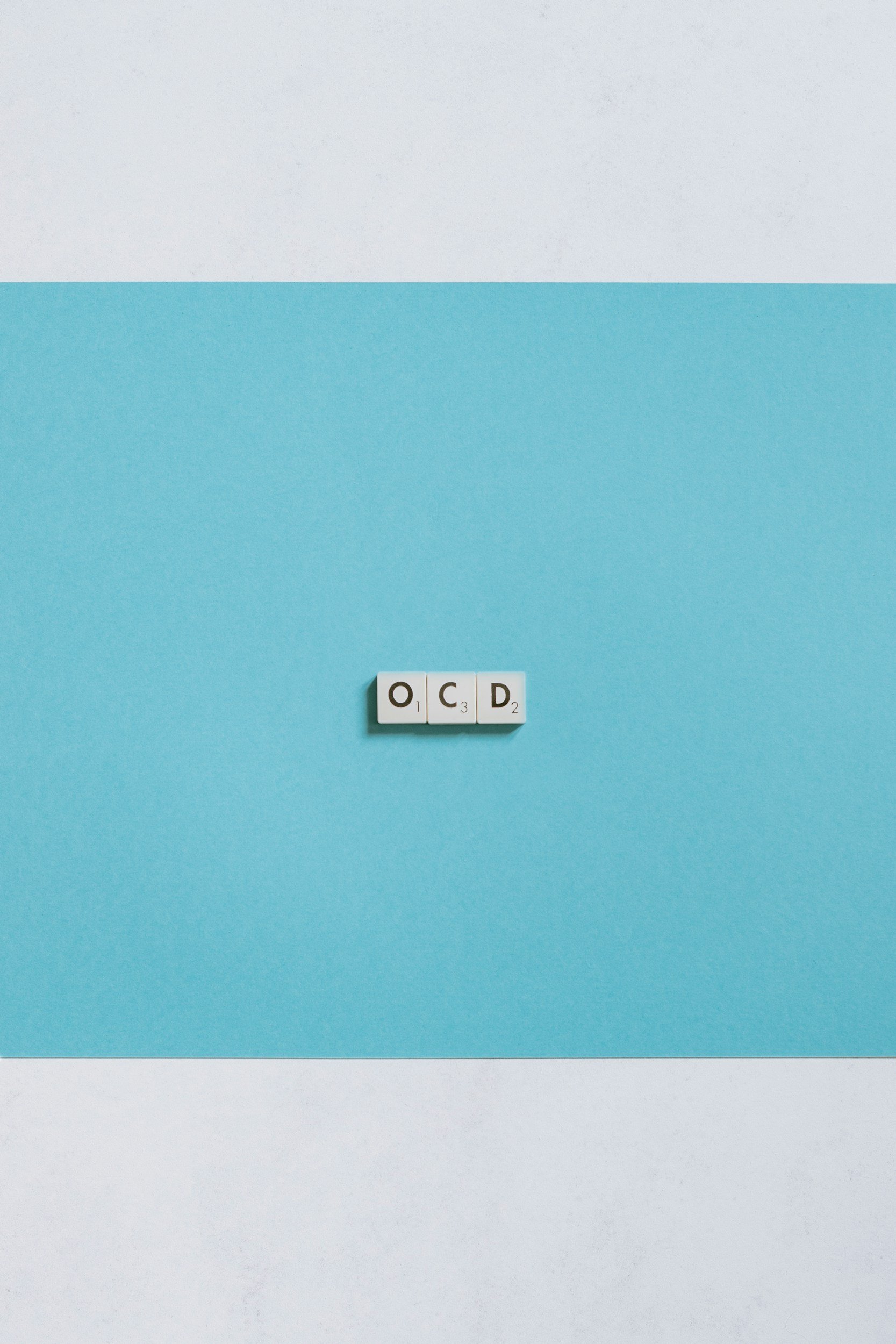
Obsessive Compulsive Disorder (OCD)
Break Free from the Compulsive Cycles
Overcoming Obsessive Thoughts and Behaviors
Living with obsessive-compulsive disorder (OCD) and anxiety can be incredibly challenging. You might feel stuck with intrusive thoughts, constantly overthinking or planning for the worst-case scenarios that pop into your mind when you should be focused on work, hobbies, or family. You might feel like something is wrong all the time and second-guess your own decisions. It's common to feel uncomfortable when things don't go as planned.
The first thing to know is you are not alone. Many of us struggle with the constant weight of anxiety. I provide many strategies, skills, and proven methods to improve your personal relationship with OCD and anxiety. My therapy service offers treatment through Acceptance and Commitment Therapy (ACT) and Exposure and Response Prevention (ERP) Therapy, focusing on recognizing thought patterns that keep us stuck and learning strategies to detach and accept these thoughts. Over time, we gradually expose you to the triggers and the complex emotions that follow so that you can work through them and find new freedom to behave in the way you want.
Flowing Mind Therapy is committed to providing evidence-based care tailored to the individual needs of every client we encounter. That includes building a robust collaboration to combat the challenges of OCD and anxiety-driven behaviours by empowering you to regain control of the decision-making in your life.
Symptoms of OCD:
Obsessive, unwanted, and persistent thoughts, impulses, or images
Compulsive behaviours or mental acts to reduce anxiety or prevent harm
Fear of contamination or germs
Need for symmetry or exactness in surroundings or behaviours
Unwanted, taboo, or aggressive thoughts or impulses
Repetitive checking or counting
Need for order or completeness
Symptoms of Anxiety:
Excessive worrying and fear
Restlessness, irritability, or difficulty concentrating
Physical symptoms, such as muscle tension, trembling or sweating
Avoidance of situations or places that trigger anxiety
Panic attacks, including rapid heartbeat, chest pain, and difficulty breathing
Fear of losing control or going crazy
Social anxiety or fear of being judged or embarrassed in public
Benefits of Counseling:
Develop coping strategies to cope with daily challenges
Increased self-awareness and understanding of triggers
Increased self-confidence and self-esteem
Improved quality of life and well-being
Better communication skills and more fulfilling relationships
Increased ability to engage in daily activities and pursue personal goals
Reduced feelings of isolation and shame associated with OCD and anxiety
Obsessive Compulsive Disorder (OCD) Therapy Approaches:
Obsessive Compulsive Disorder (OCD) can materialize in unique ways depending on the individual. That is why we use a combination of well-studied, evidence-based therapies to ensure the best possible results in improving your mental health and resilience. This empowers you to find new levels of control over your daily living, personal relationships, and life goals. Here are some of the therapy approaches we use to help:
-
Acceptance & Commitment Therapy (ACT)
ACT is an evidence-based approach to helping you accept and embrace those challenging thoughts and emotions associated with OCD and anxiety. Instead of trying to control and eliminate them, we teach mindfulness skills that encourage you to identify your values and take action, even in the presence of difficult emotions. We can build a more fulfilling and meaningful reality by focusing on what matters most.
-
Exposure & Response Prevention (ERP) Therapy
ERP is one of the more specialized forms of CBT (Cognitive Behavioural Therapy). We use this tool to help overcome common fears by gradually exposing you to the triggers that result in anxiety. Together, we use coping mechanisms, proven methods, and new skills to break the cycle of anxiety and teach you how to tolerate those intrusive thoughts and feelings without resorting to compulsive behaviours.
-
Mindfulness
Some of the best help we can provide is bringing your attention back to the present moment without judgment. This helps cultivate a sense of curiosity and openness so you are more aware of your thoughts and emotions, allowing you to better manage those sensations that end with challenges related to anxiety and OCD. Staying present at the moment alleviates much of the mental and physical stress you may feel about what may or may not occur.
-
Self-Compassion
It is important to us as professional counsellors and to you, as a human being, that you treat yourself with the kindness and understanding you would a close friend. This is incredibly important concerning OCD and anxiety because they often lead to self-criticism and self-doubt. We help you develop more self-compassion to reduce these thought patterns and get the boost you need to feel more confident in your personal journey.
Ready to Get Started?
At Flowing Mind Therapy, we're committed to helping you live a happier, healthier life. So, contact us today to schedule an appointment and start your journey toward healing and growth.



